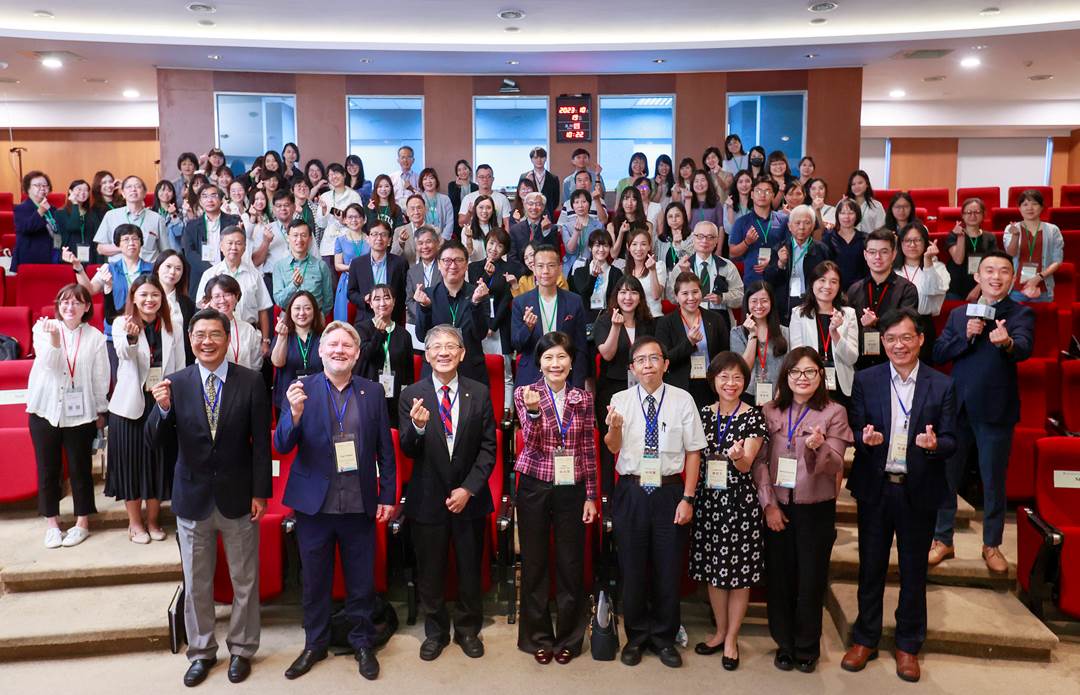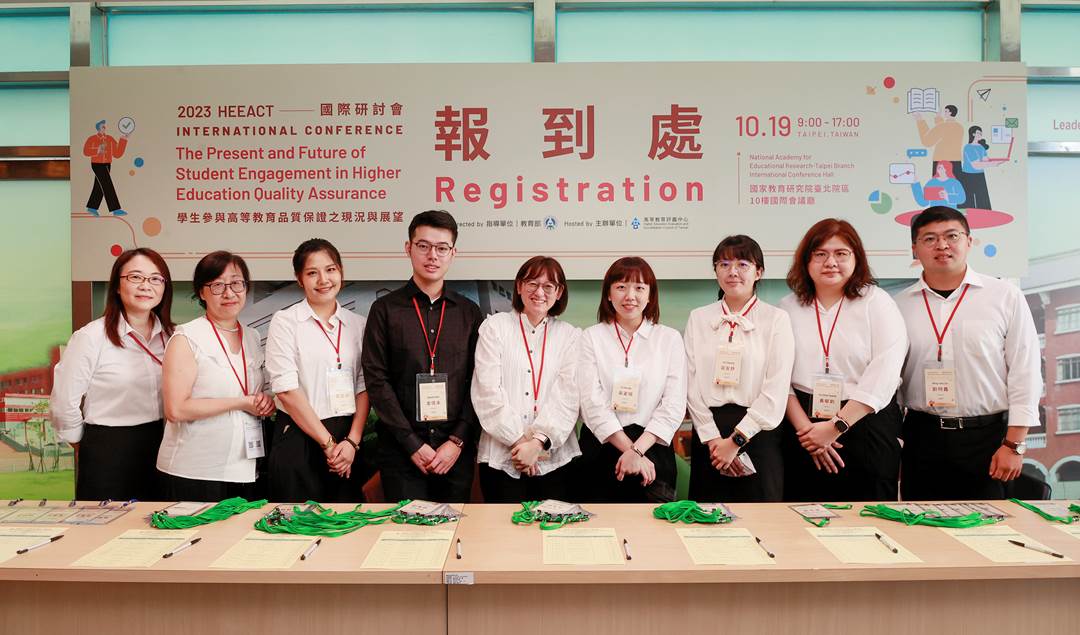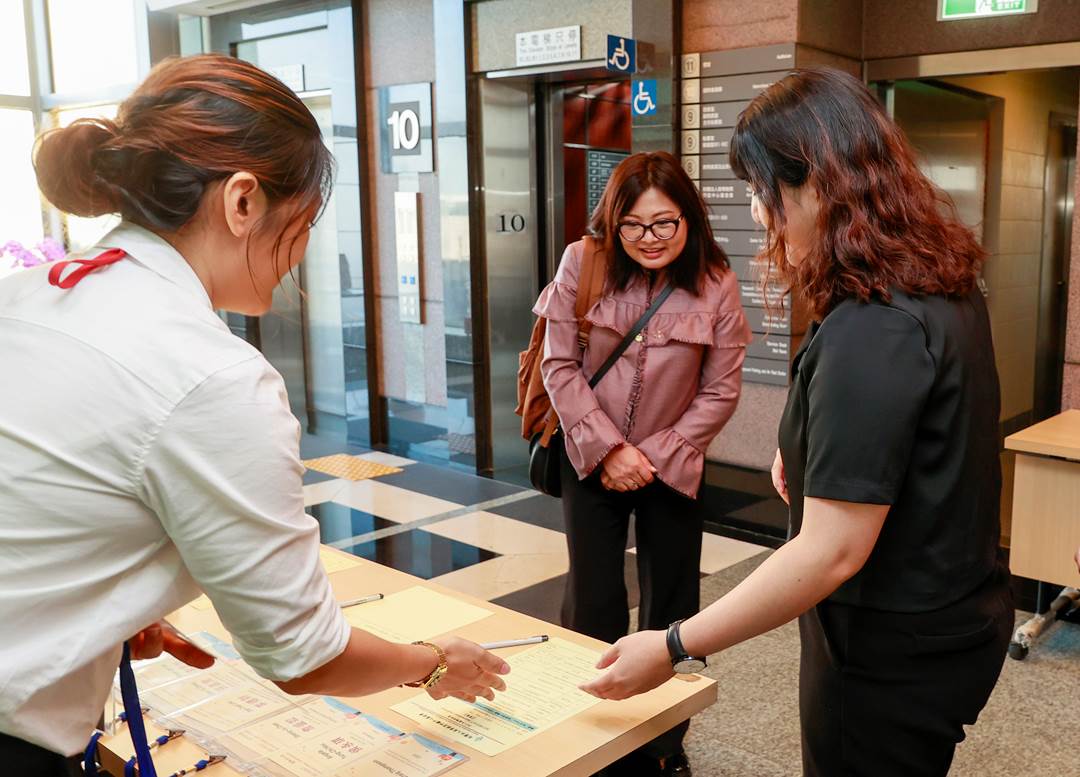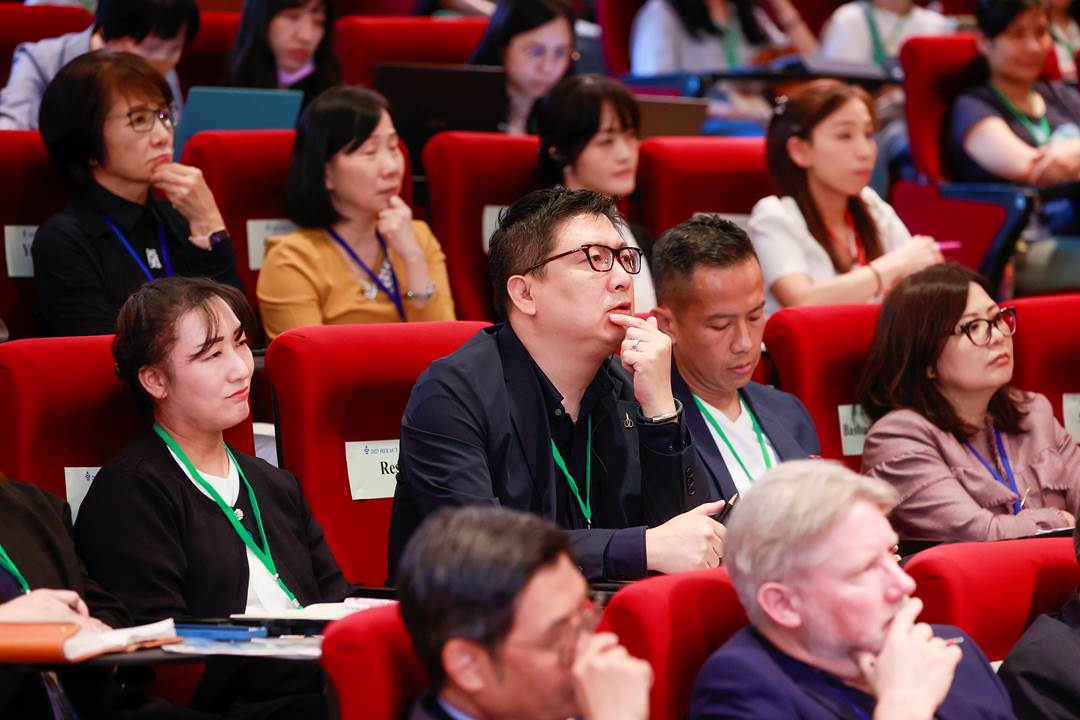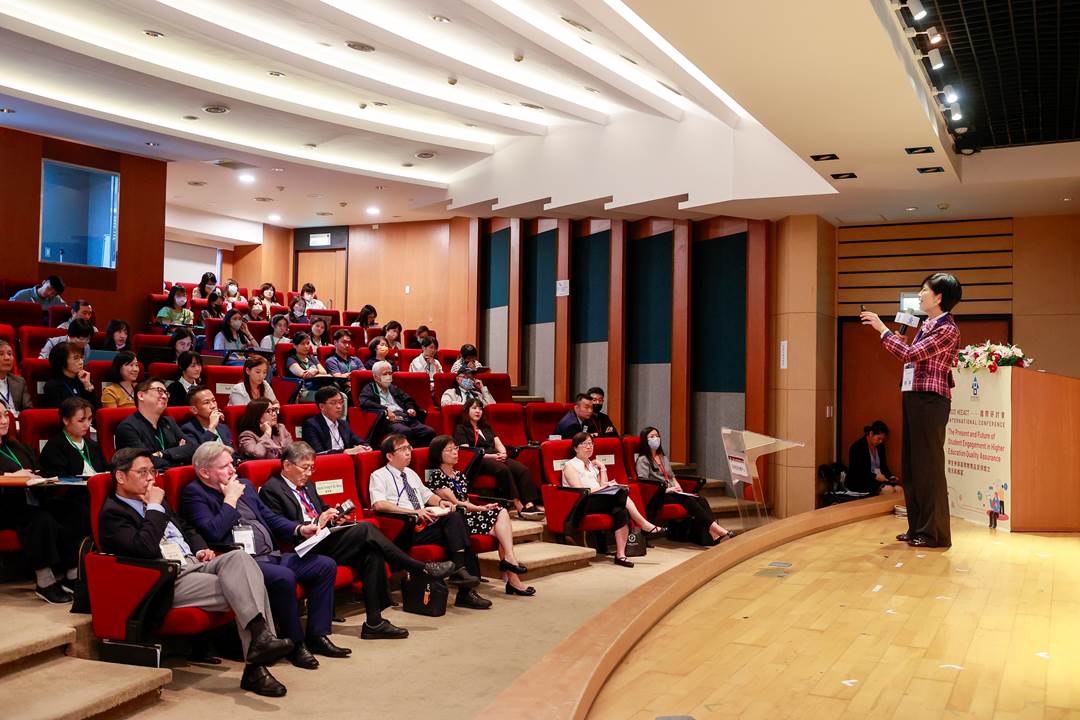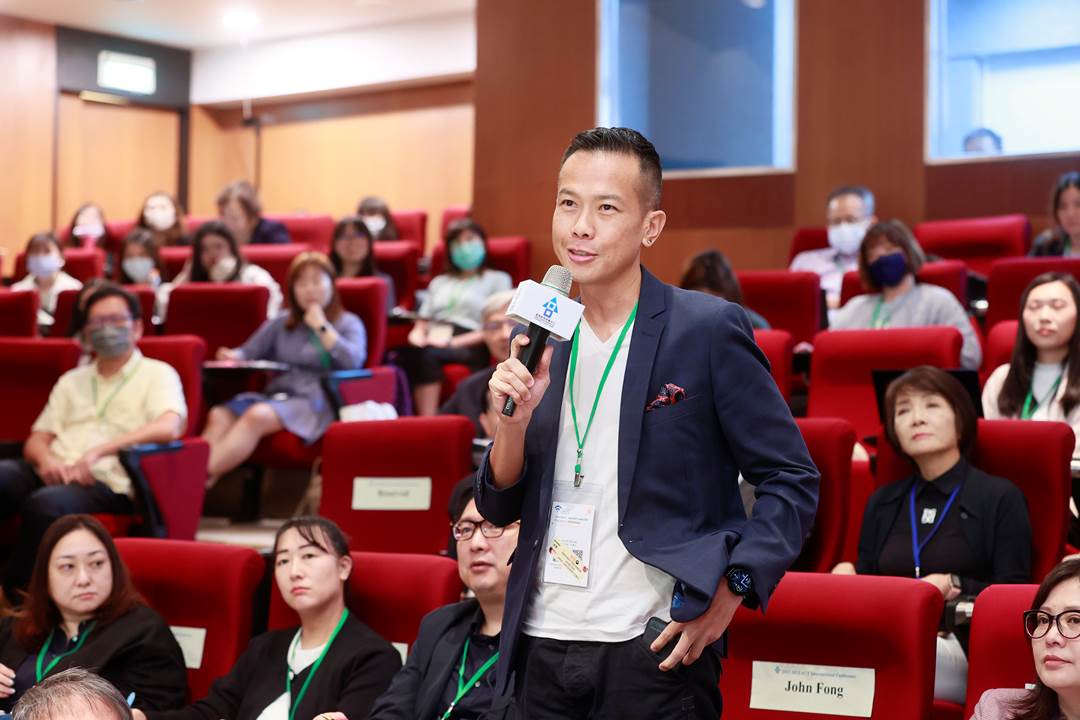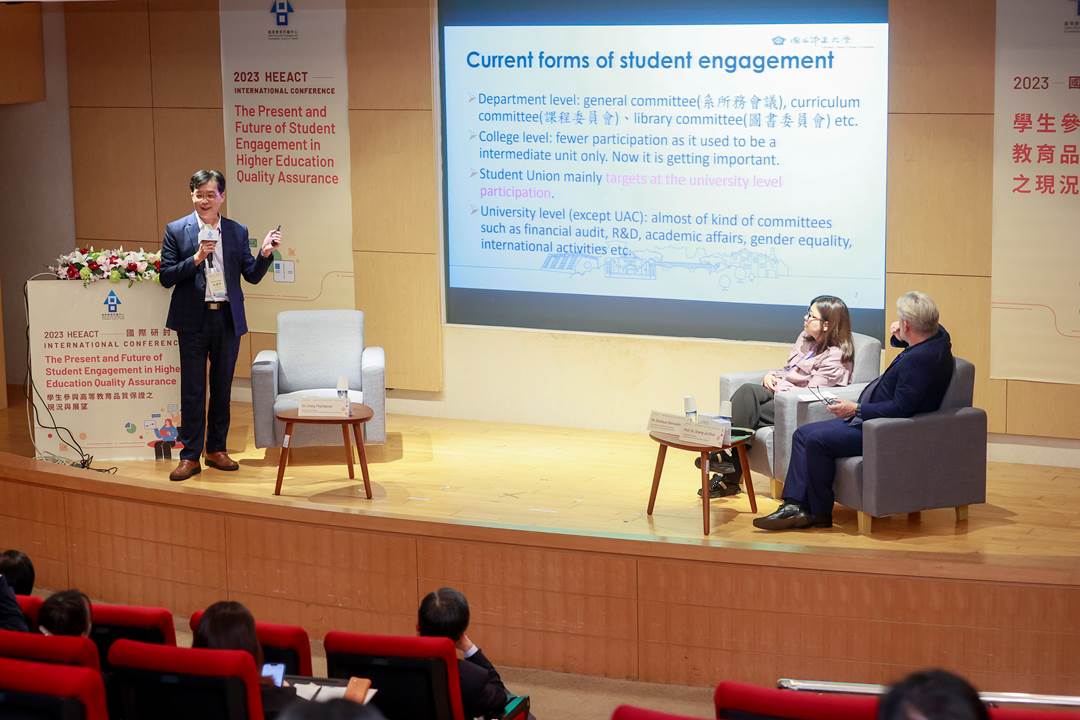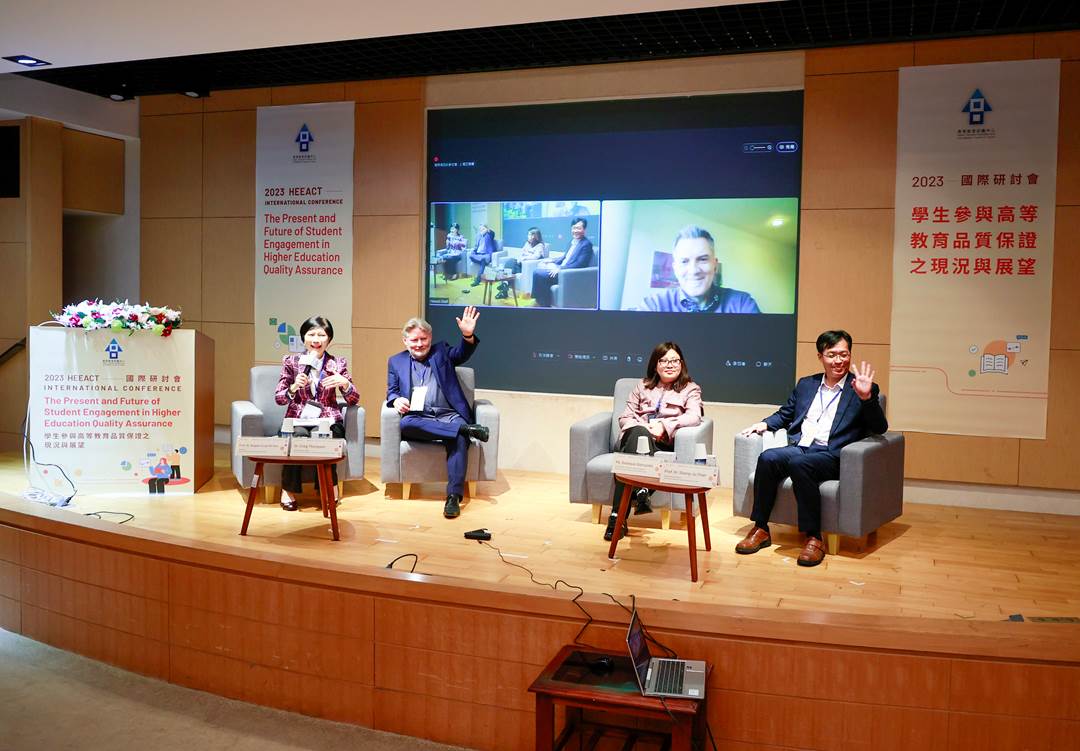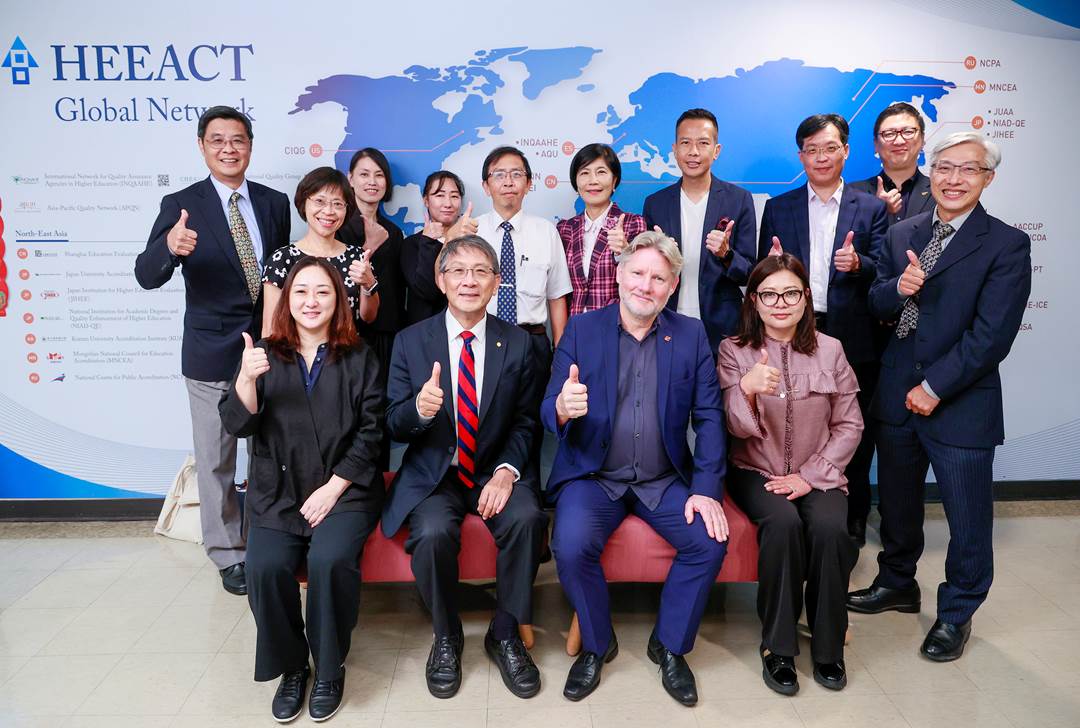2023 HEEACT International Conference
- Date:
- Update Date:
- Hit:4457
- Source:Higher Education Evaluation and Accreditation Council of Taiwan
- Editor:cphsu
The 2023 HEEACT International Conference on "The Present and Future of Student Engagement in Higher Education Quality Assurance" was held on October 19th, 2023. This conference brought together experts and scholars in higher education and quality assurance (QA) to provide a platform for sharing and deliberating on the practices and strategies for engaging students in quality assurance in higher education, especially in European and Asian contexts. The primary objective was to obtain insights from diverse practices and craft a viable model adaptable to Taiwan's higher education landscape.
The conference featured two keynote sessions, a panel session, and a forum. Prof. Dr. Bjørn Stensaker, the Vice-Rector for Education, University of Oslo, delivered the first keynote. Prof. Dr. Stensaker is an expert in quality assurance and student involvement. He discussed the issues across five aspects: rationales for student involvement in quality assurance, potential roles for students, dilemmas in designing involvement, European case studies, and the added value of student involvement in QA. The second keynote by Prof. Dr. Angela Yung-Chi Hou, Professor of Department of Education, National Chengchi University, focused on “the Battle for Legitimacy of ‘Student Involvement’ in External Quality Assurance of Higher Education from Asian QA perspectives - Does Policy Contextualization Matter?” She explored different models of student engagement in external and internal quality assurance, generating discussions on viable approaches in the Asian context. Highlighting the global trend of student involvement in improving the quality of higher education, the International Network for Quality Assurance Agencies in Higher Education (INQAAHE) has emphasized the input of various stakeholders in higher education quality assurance, including students, in the International Standards and Guidelines (ISG) launched last year.
Dr. Craig Thompson, Chief Executive Officer of The International Centre of Excellence in Tourism and Hospitality Education (THE-ICE), chaired the afternoon panel session. The panel featured Prof. Dr. Sheng-Ju Chan, Distinguished Professor of Graduate Institute of Education, National Chung Cheng University and Ms. Basbayar Batmunkh, Senior Officer for Research and Development, Mongolian National Council for Education Accreditation (MNCEA). Their discussion focused around "the Policy and Practice of Student Engagement in Higher Education Governing: Social Support and Training for Student Participation in Quality Assurance." Topics included the scope of student engagement in both internal quality assurance (IQA) and external quality assurance (EQA) and the selection and training of students engaged in higher education quality assurance.
Prof. Dr. Chan noted that Taiwanese Higher Education Institutions (HEIs) have established student unions in compliance with the University Act, aiming to fulfill educational objectives. These student union or representatives participate in university-level committees or activities concerning learning quality, student accommodation, security, and facilities, reflecting student involvement in higher education IQA in Taiwan. It demonstrates students’ participation in higher education IQA in Taiwan.
Ms. Batmunkh shared Mongolia's approach to promote student engagement and developing mechanisms. Student experts participating in quality assurance activities are nominated primarily by higher education institutions, comprising mainly sophomore and junior students. The process involves online assessments, selection, and subsequent training.
The final comprehensive forum, conducted in a mixed mode of online and face-to-face interaction, facilitated insightful discussions between on-site panelists and Prof. Dr. Stensaker via Webex. Prof. Dr. Hou emphasized the crucial role QA agencies play in fostering student engagement in quality assurance activities. Collaboration between QA agencies and higher education institutions is essential for both IQA and EQA. While student engagement is a global trend, Asian perspectives of student engagement require consideration of cultural, societal, and political issues. Taiwan can learn from the practical experiences of various countries in promoting student participation, starting with improving students' knowledge and motivation about QA, gradually involving students at various levels, and continuously integrating student feedback into QA mechanisms to improve the quality of higher education.

